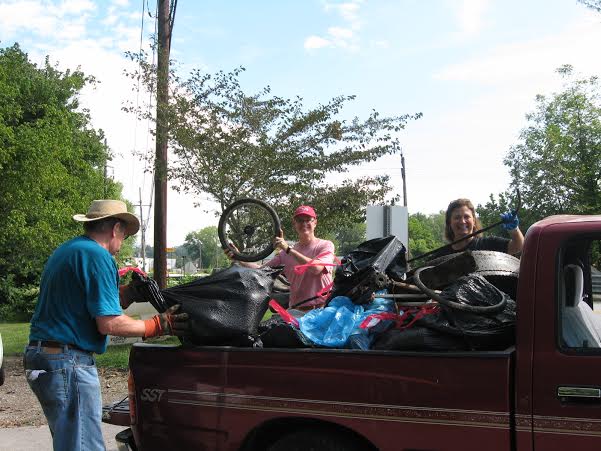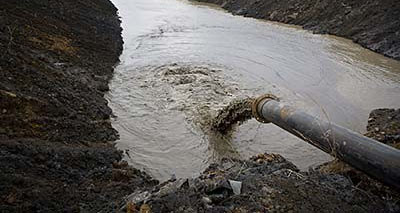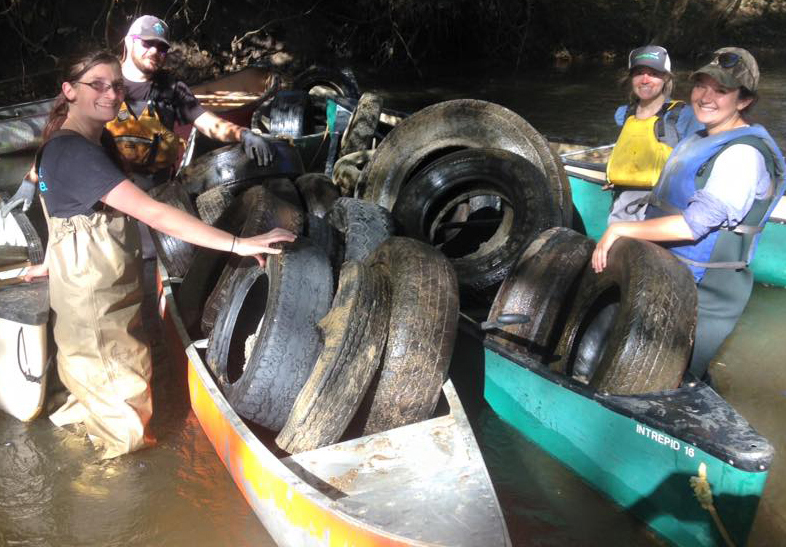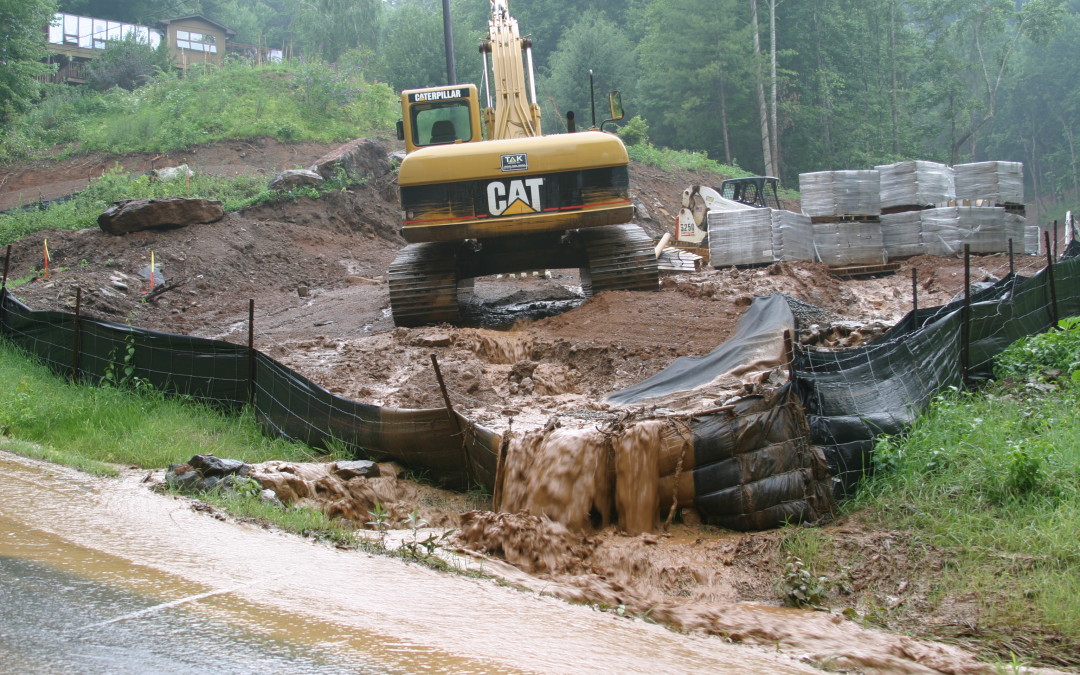New Smartphone App Makes Anyone a Muddy Water Cop
Muddy Water Watch Launches New App; Announces Volunteer Trainings
Asheville, N.C. – Now anyone with a smartphone can help report illegal muddy water runoff and sources of sediment pollution. Muddy Water Watch, a project of MountainTrue, the French Broad Riverkeeper and the North Carolina Waterkeepers, has teamed up with Shiny Creek, an Asheville-based enterprise-class web and mobile application development company, to create a new smartphone app that makes documenting sources of dirty water easier than ever.
The Muddy Water Watch app can be downloaded for free from Apple iTunes or the Google Play stores. Once installed on a smartphone or tablet, a user can easily snap a photo of the pollution source, provide notes and submit a report. The report is geotagged so that it goes to the appropriate authority.
“This is a powerful new tool for tracking and shutting down sources of illegal sediment pollution,” explains Hartwell Carson, MountainTrue’s French Broad Riverkeeper. “Identifying the right group or official to submit a report to has always been the biggest challenge for our Muddy Water Watch volunteers. This app solves that problem, makes the reporting process much easier and allows anyone to alert the proper authorities.”
“We are excited to partner with MountainTrue to deliver a mobile app that can really make a difference for the environment here in Asheville where we work and around the country. Hartwell Carson and the crew at MountainTrue have a great team working to protect the environment and we are glad to be a part of that mission,” says Brett Crossley, President, Shiny Creek.
Sediment is the number one pollution source in the French Broad River Watershed and nationwide. It smothers aquatic life, warms the water, reduces oxygen levels, destroys habitats, and clogs fish gills. Sediment pollution often comes from the runoff from construction sites, stream bank erosion, and runoff from agriculture.
New Muddy Water Watch Trainings Announced
With the launch of the new app, MountainTrue and the Riverkeeper have also announced the first three Muddy Water Watch trainings of the season: June 20 at the Public Library in Marshall, June 28 at Haywood Community College’s Regional High Technology Center in Waynesvill and June 30 at REI in Asheville.
- June 20 – Marshall Public Library from 4 p.m to 7 p.m.
11 N. Main Street
Marshall, NC
- June 28 from 5 p.m. to 8 p.m.
Haywood Community College, Regional High Technology Center 112 Industrial Park Drive – Room 3021
Waynesville, NC
- June 30 from 5 p.m. to 8 p.m.
REI Asheville, 31 Schenck Pkwy, Asheville
Asheville, NC>> Register for trainings.
Participants will get training on how to identify, document and report sources of sediment pollution. Each training session will also include a site visit to an active construction site.
The French Broad Riverkeeper and Riverkeepers around North Carolina previously held dozens of Muddy Water Watch trainings around the state, training over 150 volunteers and reporting hundreds of sediment runoff from construction sites. This program proved to a great example of how grassroots volunteers can stop our biggest pollution source and clean up our waterways.
“The Muddy Water Watch program is a great way for people to have an immediate impact that benefits our local environment and water quality,” explains Hartwell Carson, MountainTrue French Broad Riverkeeper. “Western North Carolina’s rivers are some of our greatest treasures and economic assets. Both locals and visitors paddle, fish and play in these waters and we need to protect them.”
About Shiny Creek
Shiny Creek designs and builds data-driven cloud-based mobile and web applications for enterprises and nonprofit organizations. Established in 2013, their consulting team includes designers and developers with decades of combined experience taking client ideas from concept to product quickly and efficiently. Shiny Creek has developed applications that range from sports statistics to enterprise data and environmental monitoring. For more information on Shiny Creek, visit www.shinycreek.com.
About MountainTrue
MountainTrue fosters and empowers communities throughout the region and engages in policy and project advocacy, outreach and education, and on the ground projects. To achieve our goals, MountainTrue focuses on a core set of issues across 23 counties of Western North Carolina: sensible land use, restoring public forests, protecting water quality and promoting clean energy – all of which have a high impact on the environmental health and long-term prosperity of our residents. MountainTrue is the home of the Watauga Riverkeeper, the primary watchdog and spokesperson for the Elk and Watauga Rivers; the French Broad Riverkeeper, the primary protector and defender of the French Broad River watershed; and Broad River Alliance, a Waterkeeper Affiliate working to promote fishable, swimmable, drinkable waters in the Broad River Basin. For more information: mountaintrue.org

















